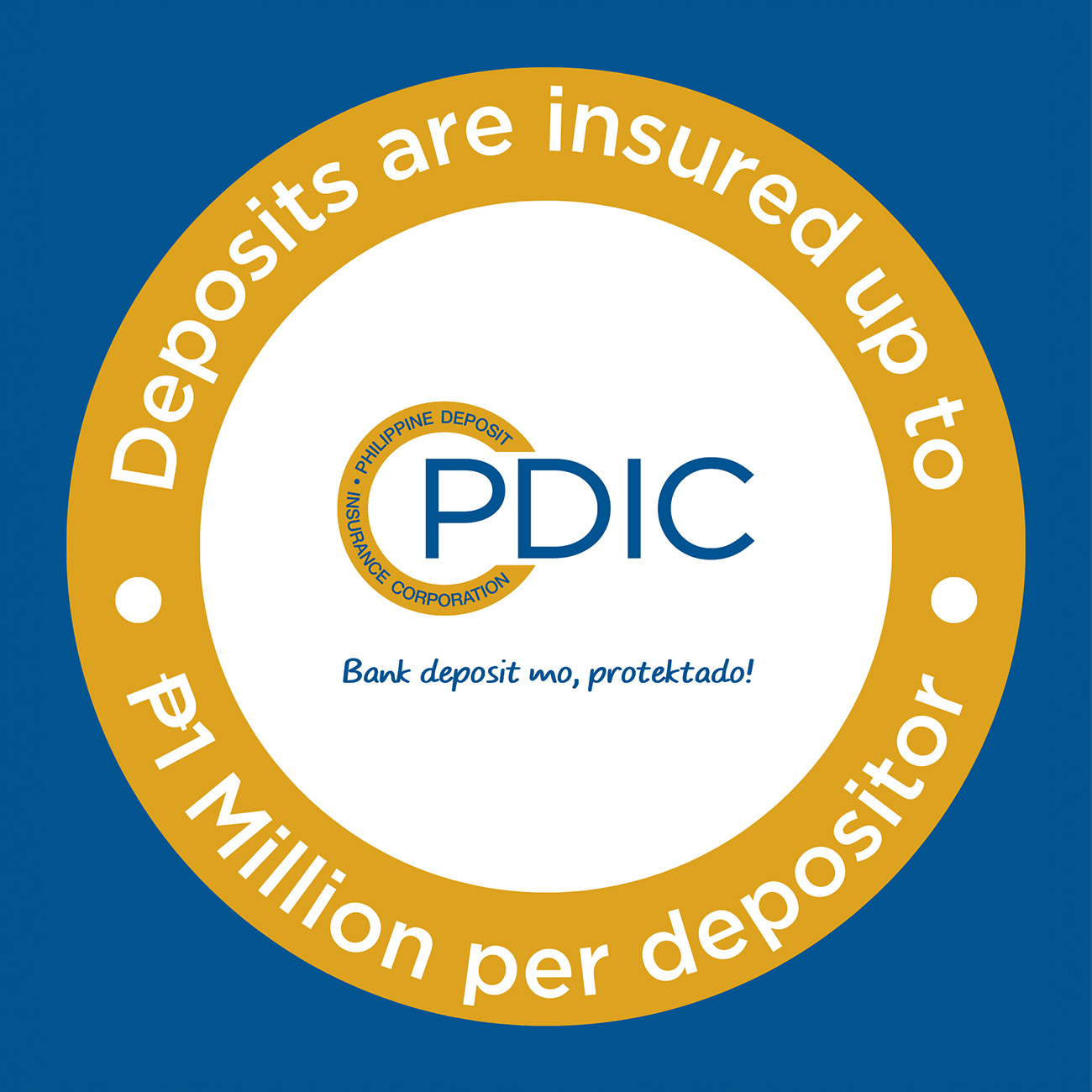If you want to increase your chances of loan approval, it’s not enough to simply meet the minimum requirements. You need to present yourself as a trustworthy, low-risk borrower, and that begins with a strong financial profile.
Improving your financial standing shows lenders that you can repay the loan. They are also more likely to give you better terms, lower interest rates, and more flexible repayment options.
Let’s explore the factors that affect the odds of getting a loan approved, as well as some crucial steps to improve loan eligibility.
Before approving your application, lenders need to carefully check your background to determine how much risk they’re taking by lending you money. The biggest questions they want to answer are “Can this person pay me back, and how confident are we that they will?” Your financial profile is one way to prove whether you are a reliable borrower or not.
A financial profile is essentially your money story. It includes your credit history, income level, debt obligations, savings, and even your employment stability. Lenders use it to evaluate risk. Risk is the likelihood that you’ll make payments on time for the life of the loan.
If you’re wondering how to increase your chances of loan approval, building a strong financial profile is a great place to start.
The good news is that you can take proactive steps to improve loan eligibility before you even apply. It will take time, but with consistent effort, you can prove that you’re an ideal borrower.
Here’s how to strengthen your financial profile to help lenders view you more favorably:
1. Maintain a Good Credit Score
A credit score is a number that shows your creditworthiness. It signals that you’re a responsible borrower. Here’s what you can do to maintain a good credit score:
- Pay your bills on time every month by setting reminders or automating payments to avoid delays. When lenders see that you don’t miss bill payments, they are more likely to think that you can stick to your loan repayments too.
- Keep credit utilization below 30% of your available credit limit.
- Limit new loan applications to avoid hard inquiries that can lower your score.
- Review your credit report regularly to correct errors that might unfairly hurt your score.
2. Reduce Outstanding Debt
A lower debt-to-income ratio shows you can handle new debt without financial strain. The lower your debt-to-income ratio, the better your chances. Below are ways to reduce outstanding debt:
- Start by paying off your high-interest debts first to relieve financial pressure and interest costs.
- Consolidate debt into a single, lower-interest loan to simplify payments.
- Avoid adding new debt until your current balances are under control.
- Negotiate with creditors for better repayment terms if you’re struggling to make payments.
3. Show Stable Income
Lenders prefer applicants with consistent, predictable earnings and a solid credit history. But if you’re self-employed, have variable income, or have never used a loan or credit card before, it might be harder for you to qualify for traditional personal loans. Consider these tips to reassure lenders:
- Document several years of financial statements to prove financial stability.
- Submit tax returns or income tax documents from the past 1-2 years to show reliable, reported income.
- Avoid frequent job changes before applying for a loan.
- Add a co-borrower with steady income if your earnings fluctuate.
- Include additional income sources, such as rental income documentation or investment income statements, to boost your income profile.
4. Build Savings
Having an emergency fund demonstrates financial preparedness. It reassures lenders that you can handle unexpected expenses without defaulting on your bank loan. Here’s how to start building your savings before loan application:
- Maintain a steady balance in your savings or checking accounts. Lenders look favorably on consistent savings patterns over months.
- Keep emergency funds equivalent to at least 3-6 months’ worth of expenses.
- Use fixed deposits or time deposits as proof of locked-in savings that support your financial capacity.
- Track and document regular contributions to retirement accounts or other investment funds as further evidence.
5. Increase Your Cash Flow
Another strategy to build your financial profile is to increase your income. The more disposable income you have, the more confident lenders will be in your repayment capability. Try to:
- Take on a part-time job or freelance projects.
- Rent out unused property or items.
- Negotiate for a raise or better benefits with your employer.
- Cut unnecessary expenses that don’t add value to your life.
6. Diversify Your Credit Mix
A variety of credit types shows you can handle different borrowing situations, whether that’s a home loan or a credit card. It builds trust and demonstrates financial experience. Here’s what you can do to diversify your credit mix:
- Maintain a healthy balance of revolving credit (credit cards) and installment credit (loans).
- Only take on new credit when needed and manageable.
- Keep all accounts in good standing with timely payments.
- Close accounts only when necessary to maintain credit history length.
Each type of loan has different approval criteria. For example, the requirements for a mortgage may differ from those for an auto loan in the Philippines. Research the terms, rates, and requirements beforehand to align your application with the product you’re most likely to qualify for.
The loan amount you request and the repayment period you choose also play a big role in the approval process. Requesting a very high amount relative to your income can raise red flags for lenders, even if you have a good credit history.
The loan amount and repayment period also play a significant role in the approval process. Requesting a very high amount relative to your income can raise red flags for lenders, even if you have a good credit history.
For example, if you’re calculating repayment for a motorcycle purchase, tools like a motorcycle loan calculator can help you find a balance between affordability and approval likelihood.
Ultimately, practicing financial wellness is the most reliable way to improve your loan eligibility. Good financial habits show lenders that you manage your money wisely, plan strategically, and honor your commitments. These habits position you as a low-risk, high-confidence borrower with a strong profile.

How to Pay Your Credit Card Bills Online

5 Key Terms in Your Credit Card Statement You Must Know



